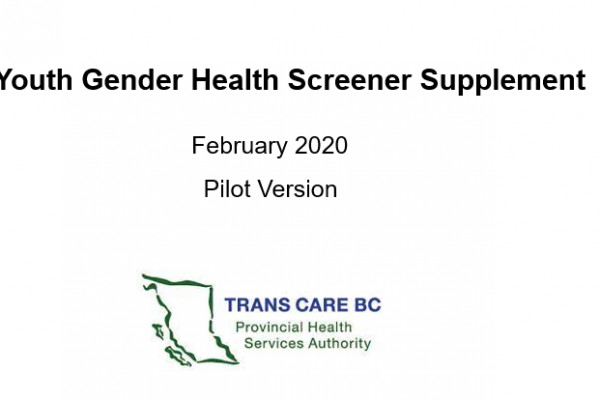The first lawsuit by a gender detransitioner in Canada has been filed in Ontario. Michelle Z says of her claim “Through this action. I am not only seeking justice for myself, but also hoping to raise awareness about the recklessness of gender-affirming health care.”
Gender affirmation care undertaken without assessment or diligence
Michelle was prescribed hormones, and later underwent a double mastectomy and had her uterus removed. The reckless nature of gender affirmation care is revealed by Michelle’s case because these medical interventions were offered based on her own self-identification as transgender without any attempt by any of the 8 defendants to explore whether the irreversible effects of hormones and surgeries would really be in her long-term best interests. No alternatives to medical transition were offered to her in order to help her relieve some of the distress that she felt at the time.
“The Defendants permitted Michelle to self-diagnose as transgender and prescribe her own treatment without providing a differential diagnosis or proposing alternative treatments,” reads the claim.
In her crowdfunding statement, Michelle writes: “Each step involved irreversible alterations to my body and came with serious risks but all were met with little challenge despite my longstanding history of mental health struggles and no indication of gender-related distress in adolescence or childhood. I am alleging that this lack of inquiry is a failure of due diligence amounting to medical negligence towards a vulnerable patient. I will live with the effects of this “treatment” for the rest of my life.”
Michelle eventually decided to detransition once she came to terms with various mental health issues she had been diagnosed with during her gender transition phase. None of the defendants in the claim questioned whether Michelle’s desire to transition her gender might be related to her history of bullying as a child, or the mental health conditions that she was diagnosed with only after she had begun the transition process.
What’s at stake for “gender affirmation” in Canada?
Michelle underwent medical gender transition over 10 years ago, when there was still a significant amount of gatekeeping and caution in the healthcare system. Even then, a young adult in a very vulnerable stage of life was able to access irreversible and medically unnecessary interventions. In the interim period, the number of young people seeking these same medical procedures – mostly adolescent females declaring themselves to be “non-binary” – has skyrocketed.
The so-called professional associations representing transgender healthcare such as CPATH and the Trans Youth Can research project have been lobbying for even less “gatekeeping” and more “consent-based” care protocols. It is unfathomable how many children in Canada have undergone medically unnecessary interventions and are now living with the consequences. Canadian Gender Report frequently hears from families with young adult daughters in this state, and a few young men as well. Most of these individuals are far too fragile to bring forward a legal action such as the one Michelle has initiated.
On behalf of those families and others who’ve had near misses with “gender affirmation care”, we’re extremely hopeful that Michelle’s lawsuit will not only provide her with justice, compensation, and a sense of closure, but will also help to kickstart the conversation that so badly needs to happen in Canada about how and why we are offering so many extremely vulnerable young people irreversible medical interventions to align their bodies with a sometimes fluid and changing sense of “gender”.
What is wrong with us in Canada that we cannot have an objective and balanced conversation about the nature of “gender affirmation care” and whether there is sufficient safeguarding against the type of negligence that Michelle experienced?
As Michelle states:
“Concerns about it (gender affirmation care) have been raised internationally, with several countries altering their approach in response to systematic reviews of the evidence. However, here in Canada, discussion about it has barely gotten off the ground. I hope to start the conversation.”
We think it’s high time that conversation happened. All media outlets in Canada are responsible for shaping a more nuanced and balanced understanding of the risks of gender/sex changes for minors and young adults. We hope that policymakers will be spurred to action and create a more responsible framework for care under our universal healthcare system. They also need to take into consideration the role that schools play in fostering a safe environment for children to explore aspects of their identity, without celebrating or cementing a “gender identity” in children that can lead to unnecessary and disfiguring medical treatments, ongoing physical and mental health issues and sterilization.
How can you help?
Michelle has arranged representation on a contingency basis but requires funds to pay for administrative aspects of the hearing, such as collecting medical records and hiring experts (these are much needed and they don’t come cheap!). Please consider donating to support her claim here: https://www.givesendgo.com/michellealleva




